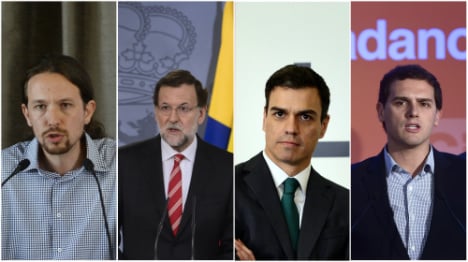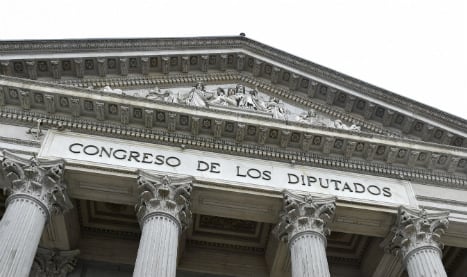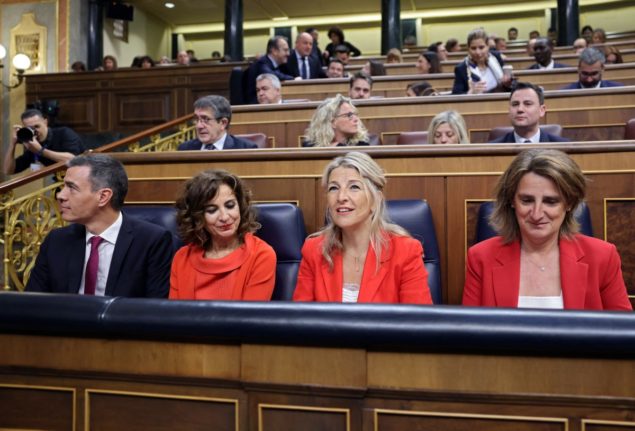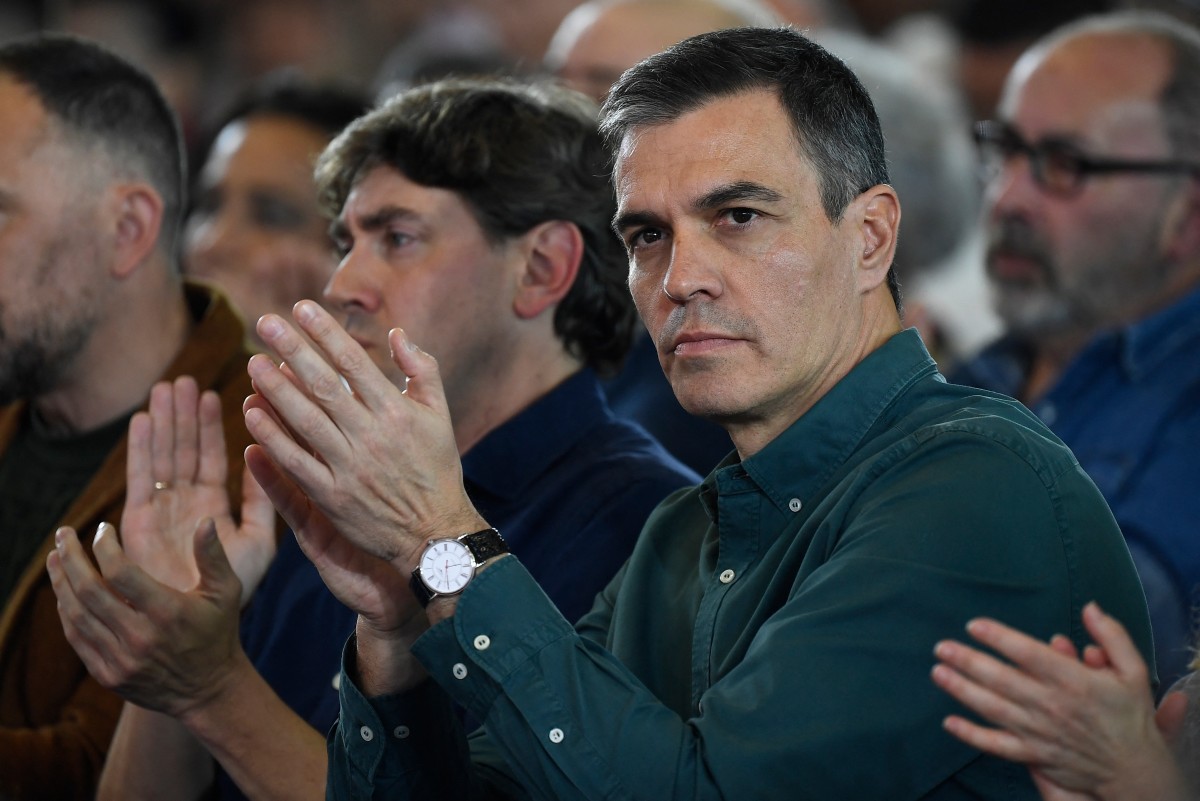Parties have in vain tried to agree on a coalition government since December elections resulted in a hung parliament divided among four main groupings, none of them with enough seats to govern alone, as voters fed up with austerity, unemployment and corruption flocked to upstarts.
King Felipe VI will hold talks with party leaders next week in a last-ditch bid to get them to form a coalition, but if that fails, it is all but certain that fresh polls will be called for June 26th as the timeframe to form a government draws to a close.
Already this week, acting Prime Minister Mariano Rajoy appeared to be knee-deep in electioneering when he paid a visit to a village deep in the central arid region of La Mancha, surrounded by a crowd of 60-something residents, taking photos with those who asked him.
'Electioneering'
Cosying up to Spain's rural and ageing population – key supporters of his conservative Popular Party (PP), which came first in December's elections but without an absolute majority – he told the villagers they had “the same rights” as city dwellers.
His caretaker government also announced it would pay out the second part of a bonus for civil servants that had been frozen during the crisis, in direct contradiction with its promise to save money after overshooting its public deficit target last year.
“Electioneering”, shouted his opponents and the centre-right daily El Mundo, pointing out that the first half of this frozen bonus had been paid out by the PP shortly before December's elections.

The four party leaders are already preparing for another election. Photo: AFP
In the meantime, far-left party Podemos – which came third in the polls – announced it was organising a spring party Sunday in a Madrid park “with activities for kids, concerts, cycling, a picnic and a load of surprises.”
A high-level member of the Socialist party, which came second in the elections, said he was “99.9 percent sure” that new polls would be held.
Led by Pedro Sanchez, the Socialists had been tasked by the king with forming a government after Rajoy pulled out for lack of support.
He reached a deal for a government with centrist upstart Ciudadanos – but this did not give both parties enough seats to get a majority in parliament for the necessary vote-of-confidence.
So Sanchez tried to reach an agreement with Podemos, whose 65 parliamentary seats would have got it through, but failed.
Polls predict that if new elections are held, the results will be similar to those of December.
The PP is seen as coming in first again, and the Socialists second with Sanchez at its head.
Podemos may lose votes, though, as some of the five million people who backed the anti-austerity party last time accuse it of blocking the formation of a left-wing government to chase away the conservatives, in power since 2011.
Far-left alliance?
Rajoy is expected to remain the PP's candidate despite calls for him to step down following a series of corruption scandals that have hit his party in recent months.
“The only possible people who could replace him are very loyal to him,” a PP lawmaker told AFP, wishing to remain anonymous, adding that the party may even do better than in December if fewer young voters cast their ballot, disappointed by Podemos.
“That's good for us,” he said.
To remedy this possible scenario, Podemos could forge an alliance with Izquierda Unida, a communist-green party that got 800,000 votes in December.
“There is a willingness to negotiate… to see what the options are,” Podemos lawmaker Pablo Bustinduy told reporters this week.
The aim would be to surpass the Socialists in new elections, giving Podemos even more influence than it gained in December.
By Michaela Cancela-Kieffer and Anna Cuenca




 Please whitelist us to continue reading.
Please whitelist us to continue reading.
Member comments